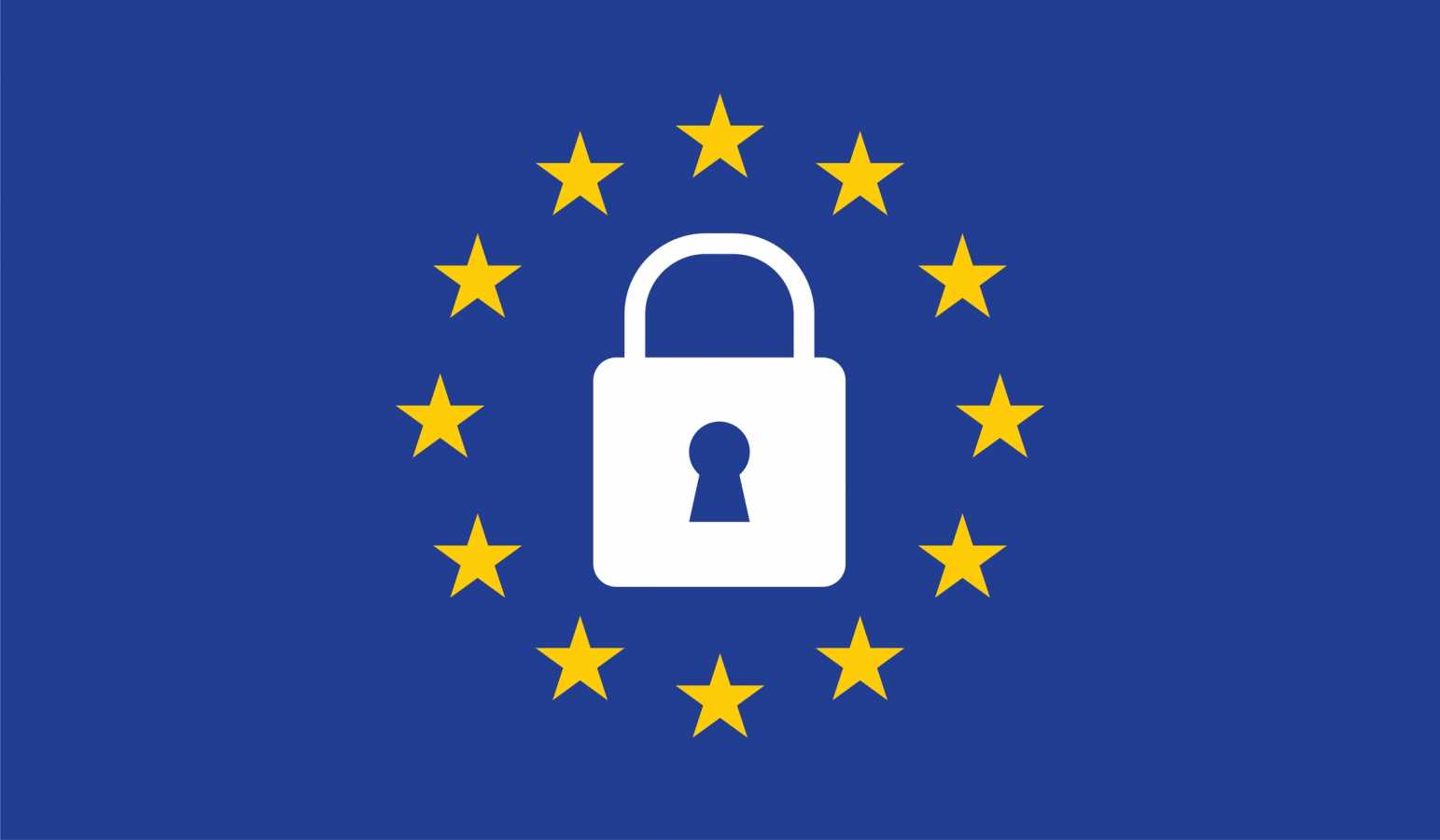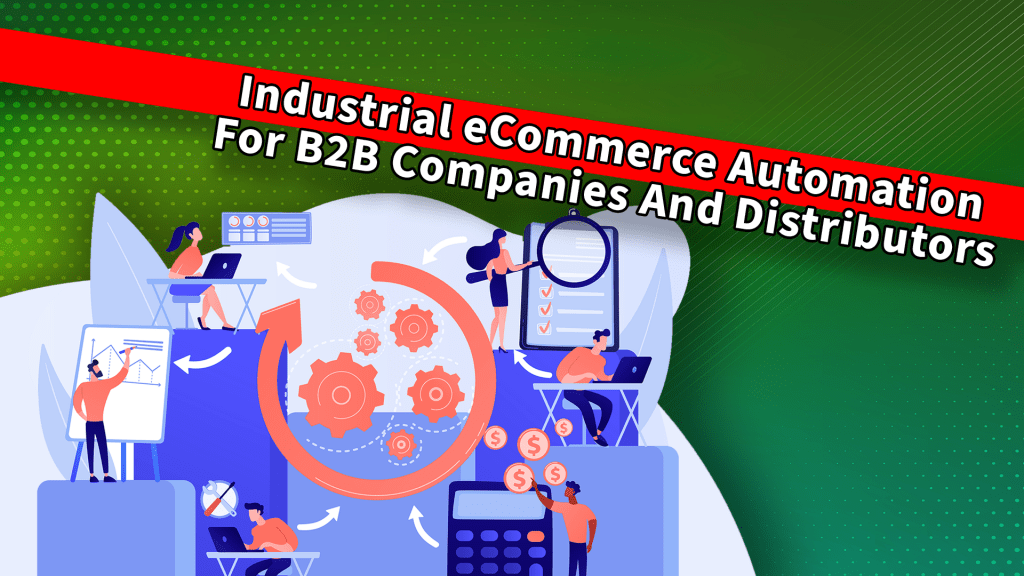The General Data Protection Regulation (GDPR) is a set of regulations passed by the European Union in March 2018 aimed at protecting consumers’ data privacy. Under this new set of regulations, digital marketers and eCommerce businesses have faced new challenges and had to adapt their business processes and find new solutions to remain in compliance.
In this episode of Optimum 7 Surge, we discuss some of the new barriers eCommerce brands are facing as well as some of the creative solutions we’ve come up with.
As an eCommerce development company we have seen firsthand the effect GDPR has had on eCommerce brands and digital marketers. Some companies have had to change their entire business model in order to stay compliant.
“The regulations were put in effect to go after larger tech companies, however smaller companies are going to feel the effects as well. All the way from small/medium-sized businesses that are B2B facing to smaller B2C companies and eCommerce companies trying to increase their subscriptions and mailing list. No more opt-out forms, only opt-in; little things like that.” -Marketing Director, Joseph Hassun.
Optimum7 CEO Duran Inci says he’s seen the effect GDPR has had on lead generation for B2B clients as well as eCommerce businesses. The penalties are just too heavy for companies to afford to ignore.
“Cold email is dead, the GDPR killed it”
Under GDPR regulations, email marketing efforts have faced restrictions that have businesses searching for alternative ways of building leads.
Some companies such as Mailchimp and Constant Contact have had to readapt their business models in order to stay compliant with GDPR. Other channels such as LinkedIn and Facebook still offer a lot with their micro-targeting, however you may notice new disclaimers when trying to use email lists for targeting audiences.
Postlead.io is a direct mail marketing solution that we see as an effective way to reach out to new prospects that isn’t subject to the restrictions set by GDPR. Postlead.io sends out personalized direct mail to your prospects that directs them to a landing page that gives you insights such as how many time the page was viewed.
For those still looking to collect their audience’s email information, clear and unambiguous consent must be obtained. Sites often use popups or other disruptive notifications that say things like “we collect cookies” that can interfere with customer’s user experience.
“When you have these restrictions and regulations, it’s time to be creative. It’s a call to action to all marketers and online businesses,” says marketing specialist Ohad Yarel. Marketers who still want to collect consumers’ data must find ways to receive consent that isn’t too intrusive to user experience and will keep customers from leaving the site.
Want to learn more about new and creative methods of outreach and lead generation?
Need help increasing the number of high quality leads you generate every month?





